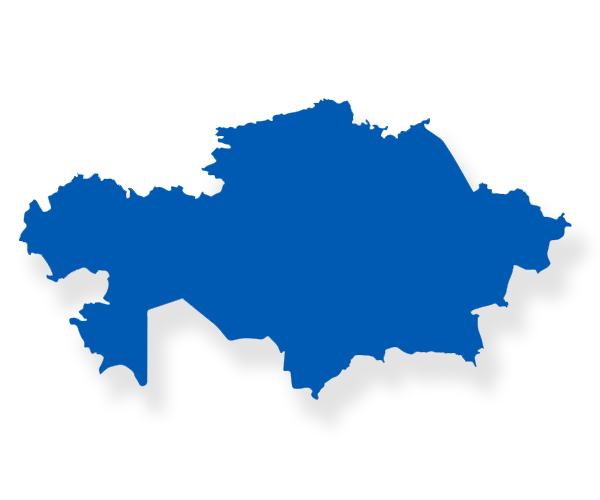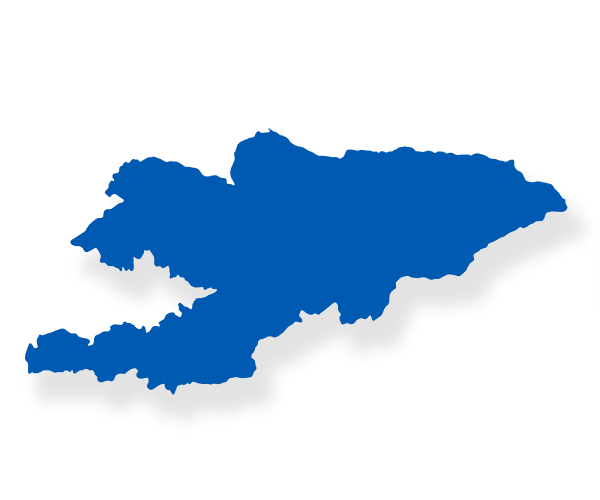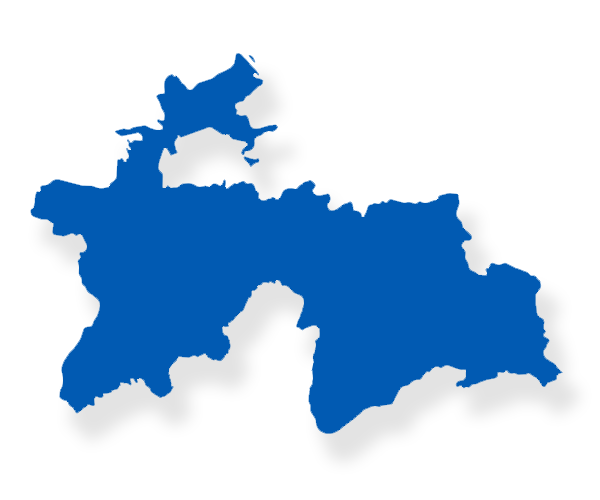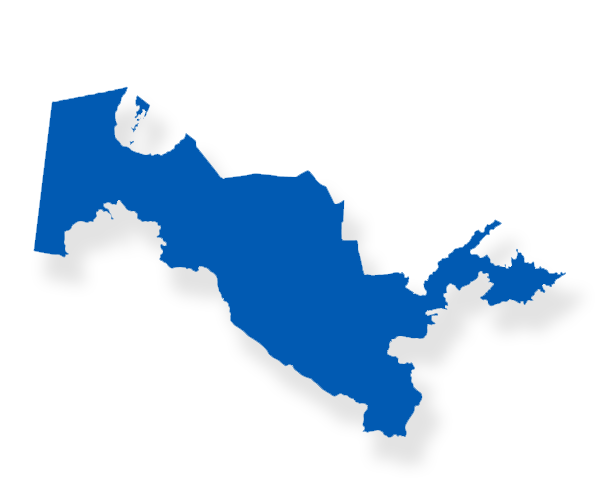Area of
Intervention
TREATMENT ACTIONS
Like in prevention, CADAP still remains highly relevant and useful in addressing the treatment needs of the region through the promotion and implementation of different global, evidence-based initiatives. The programme has contributed to the improvement and accessibility of substance use treatment services through the following actions:
Design of a Therapeutic Programme for the Treatment of people with Psychoactive Substance Disorders. The Therapeutic Programme should offer a variety of different services depending on the client’s need and his condition – differentiating between the severity of patient’s condition and need for intensive care. The basic principles are addressed under “The International Standards for the Treatment of Drug Use Disorders,” prepared by the World Health Organization (WHO) and the United Nations Office on Drugs and Crime (UNODC).
Elaboration of a Protocol of collaboration between staff of penitentiary institutions and civil society for the treatment and social reintegration of people in prison with disorders due to the use of psychoactive substances.
The output is implemented with the support of Akzept, Germany and Nazarbayev University.
Kazakhstan
The country has a large number of professional CSOs that are active in different policy fields, including social assistance and their role is especially important in the formation and implementation of social policy. To give an example: The Kazakh Association of Professional Social Workers plays an important role in developing social work services and strengthening the social work profession.
Decrease in the number of people registered in treatment centres. A decline in the number of people registered in drug treatment centres has been observed. This trend raises questions about the possible causes and its implications for the fight against addiction in the country. While it is encouraging that the number of people seeking treatment has decreased, it is important to look closely at the reasons behind this decline.


Kyrgyzstan
The low supply of controlled psychoactive drugs for medical and scientific use makes it difficult for patients to access necessary medical and scientific treatment. This can lead to a diminished quality of life for people suffering from chronic pain or conditions that require the use of these substances. Furthermore, responses implemented to address the treatment associated with heroin use will not be useful for dealing with synthetic and recreational drug use. Consequently, it will be imperative to adopt different approaches to address the challenges that have arisen as a result of the changing pattern of use in the country.
Tajikistan
The increased availability and accessibility of non-prescription drugs containing narcotic substances has contributed significantly to the spread of this problem in Tajikistan. These drugs, such as opioids and tranquillisers, originally designed to relieve moderate to severe pain, are being used inappropriately and recreationally by young people in the country. In this situation, it is critical that government authorities respond effectively, based on the available scientific evidence. HIV continues to represent a significant public health challenge in Tajikistan, and understanding the current situation is critical to developing effective strategies. It explores trends over time and identifies challenges and opportunities for improving the HIV response in the specific context of Tajikistan.

The country has understood the changes taking place globally in drug trade patterns and the need to address the challenges posed by online drug sales. In this regard, the need for international cooperation and the importance of working in partnership with other countries and international agencies to combat cyber-drug trafficking is highlighted in the report.

Uzbekistan
Conducting scientific research in the field of narcology in the priority directions of prevention, diagnosis and treatment of drug-related diseases is highlighted as an action included in the Plan for Combating Drug Abuse and Illicit Trafficking for the period 2021-2025. Development of adapted and differentiated treatment programmes that effectively address both recreational and escapist use, recognising their differences and specific needs of people with substance use disorders. This would enable appropriate and effective responses to be offered in each case, adapted to the particular characteristics and risks of each type of use.
Social and psychological support of Mahalla Committee can be used to found re-adaptation offer for drug addicts in the community. Developing of model of such offer (PRO 2) will be discussed with BC experts.


